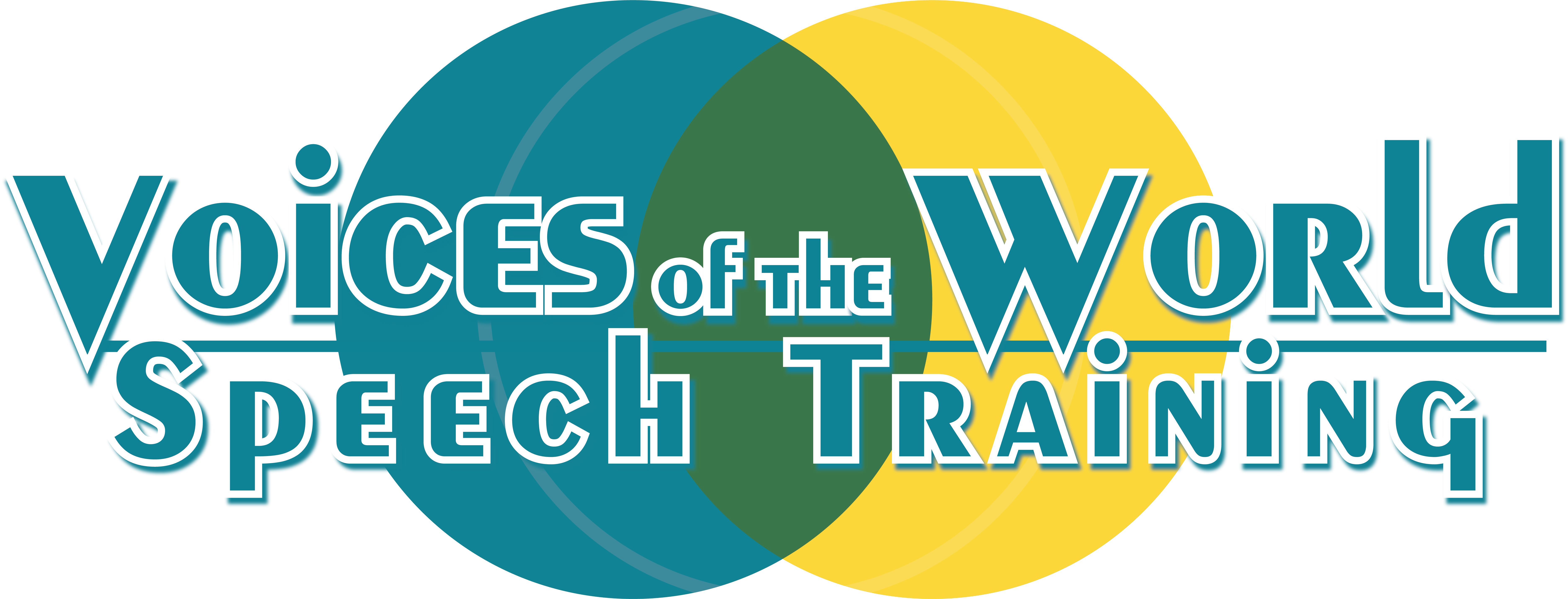13 Mar Where are you REALLY from?
A few weeks ago, one of my friends had an interesting post on Facebook. She was fed up with people asking her where she was from as they were obviously racially profiling her. When someone asked her where she was from, she would tell them that she was from a small town in Texas. The person’s response? “But where are you REALLY from?”
This article that I found on Fox Latino’s website addresses a similar issue. While my friend was being profiled based on her appearance, many people are profiled based on their accents. The fact that a person was born on U.S. soil doesn’t guarantee that they will speak with a “standard” American accent. Americans across the country speak with many different regional dialects. Similarly, many Americans speak with a dialect and accent influenced by the speaking patterns of family and friends. If you are surrounded by people who speak with an Italian accent, for example, as you are learning English, you may develop the same accent yourself. What is amazing about people who grow up in the U.S. with exposure to another accent is that they can often switch between multiple accents! This is not only true of people with exposure to languages other than English. Take my mother, for example. Over the course of her life, she has lived in a variety of states and has been exposed to a variety of accents. In general, she speaks with a fairly “neutral” accent (meaning that it would be difficult to place where she is “from”). But if she gets on the phone with a family member from Arkansas, her accent immediately morphs into something almost unrecognizable. You would hardly believe that the two accents came from the same person.
A common misconception is that accent training helps you “get rid of” your accent. Not so. What you are actually doing is learning a NEW (additional) accent. Many of my clients find that learning how to produce a more standard or neutral accent helps them communicate more successfully in a variety of different situations with a variety of different people. It can make it easier to communicate not only with native English speakers, but non-native English speakers as well. But what happens when these clients go home to their families? They often choose to shift back into their native pronunciation patterns. It’s all about communication. And communication is all about connecting with people.
I always hate the question “where are you from?” For those who have lived in the same place their entire life, maybe this is an easy question. For the rest of us, it’s not so simple. Where was I born? Where did I grow up? Where have I lived for the past decade? What are they really asking me? People might expect different answers to the question depending on the day, the time, and the situation that they find me in. Some people speak the same way all the time, but some of us ebb and flow between various accents as wanted or needed. So when you ask someone “where are you from?,” be prepared to accept whatever answer you get and be satisfied. While an accent may give you clues about a person’s background, it may not tell the whole story.
